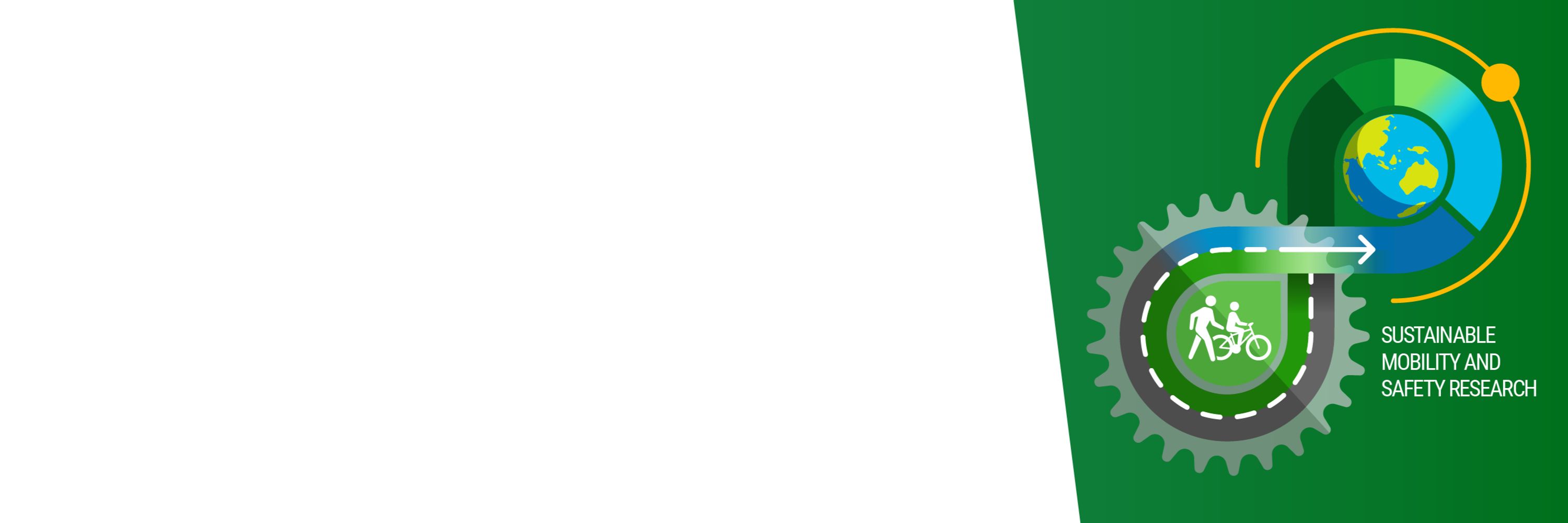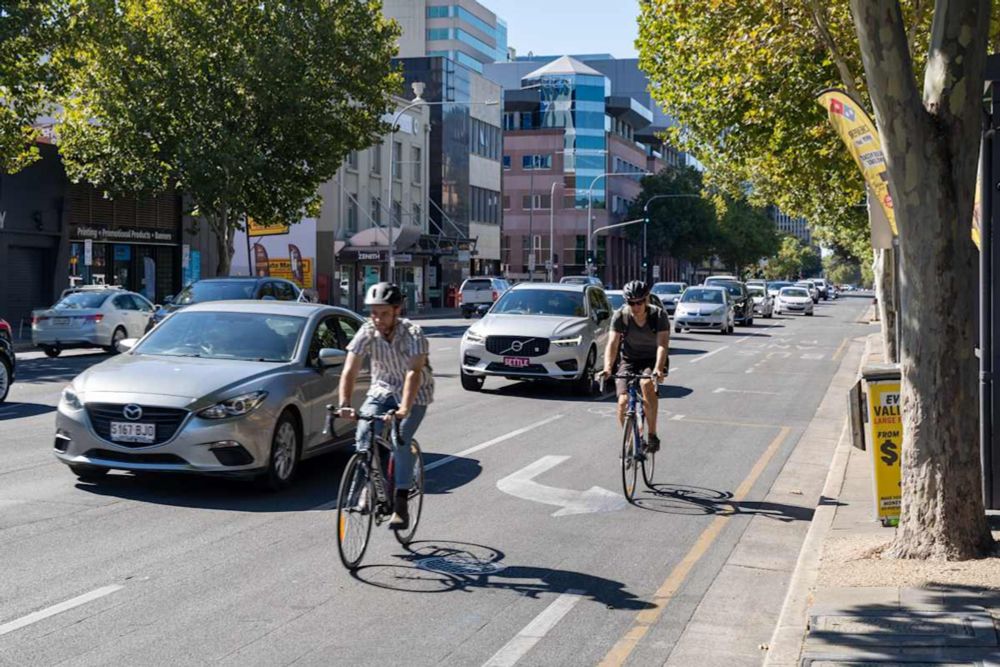Lauren Pearson
@drlaurenpearson.bsky.social
91 followers
39 following
8 posts
Research Fellow & Equity Lead in Sustainable Mobility & Safety Research, School of Public Health & Preventive Medicine, Monash University. Passionate about health, climate & research that doesn't sit on a shelf.
Posts
Media
Videos
Starter Packs
Reposted by Lauren Pearson
Stephen Frost
@sfrost.bsky.social
· Apr 29
A/Prof Ben Beck
@beckben.bsky.social
· Apr 28

Effectiveness of interventions for modal shift to walking and bike riding: a systematic review with meta-analysis
Identification of priority interventions to support modal shift to walking and bike riding is challenged by the myriad of interventions available, and a lack of synthesised evidence for what types ...
www.tandfonline.com
Reposted by Lauren Pearson
A/Prof Ben Beck
@beckben.bsky.social
· Apr 28

Effectiveness of interventions for modal shift to walking and bike riding: a systematic review with meta-analysis
Identification of priority interventions to support modal shift to walking and bike riding is challenged by the myriad of interventions available, and a lack of synthesised evidence for what types ...
www.tandfonline.com
Reposted by Lauren Pearson
Reposted by Lauren Pearson
Active Towns
@activetowns.bsky.social
· Apr 7

Shifting gears: How do we shift people from private cars to walking and cycling?
New research shows a holistic approach, combining infrastructure, educational programs, and financial incentives, can transform Australian cities into sustainable and thriving communities.
lens.monash.edu
Reposted by Lauren Pearson
Stephen Frost
@sfrost.bsky.social
· Apr 8
Reposted by Lauren Pearson
Reposted by Lauren Pearson
Reposted by Lauren Pearson









